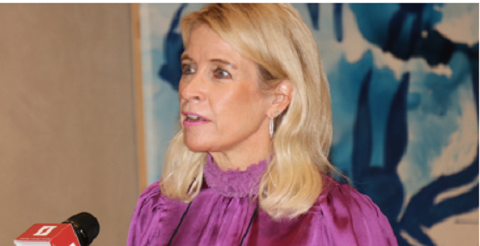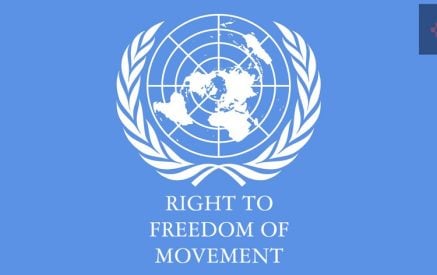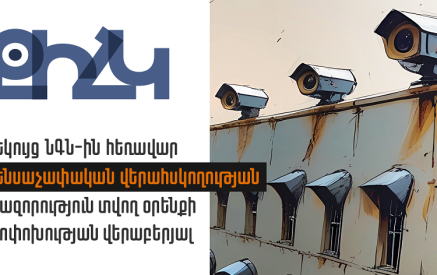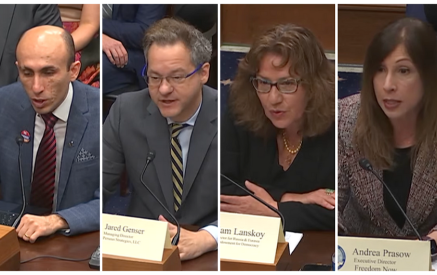COPENHAGEN, 19 March 2021 – The OSCE Parliamentary Assembly’s Special Representative on Civil Society Engagement, Finnish parliamentarian Pia Kauma, said that Russia’s “foreign agent” law has led directly to the shuttering of an important non-governmental organization, following a trend of a general tightening of space for civil society in recent years. While acknowledging that some regulations of civil society are important and necessary, the Russian legislation goes too far in countering perceived foreign threats, she stressed, and urged repeal.
“In recent weeks, several NGOs in Russia have been shut down or are experiencing increasing problems due to the law on ‘foreign agents,’” Kauma said. “Earlier this month, the organization For Human Rights said that it was disbanding because its leader Lev Ponomarev is on the Russian Justice Ministry’s list of foreign agents. This abuse of constantly tightening definitions of ‘foreign agents’ is having a detrimental impact on democratic development and placing undue pressure on civil society organizations.”
In July 2012 the Russian Parliament adopted a law requiring Russian NGOs that receive foreign funding to register with the Ministry of Justice of the Russian Federation as “organizations performing the functions of foreign agents” but in June 2014 the law was amended to allow the Ministry of Justice to label “foreign agents” on its own initiative.
In November 2017 the scope of the law was extended to impose the use of the “foreign agents” label on any foreign media directly or indirectly receiving foreign funding, and the law was extended again in December 2019 to extend the status of “foreign agents” to include private persons, including bloggers and journalists, with potential criminal liability for non-compliance. In December 2020, the State Duma passed another series of amendments to the law to recognize individuals and public entities as “foreign agents” if they are considered to be engaged in political activities “in the interests of a foreign state.”
Read also
Special Representative Kauma noted that the ever tightening definitions of “foreign agents” is limiting the ability of civil society organizations to function. “In many cases, NGOs are decentralized networks of activists and it is increasingly difficult for them to ensure full compliance with these stringent rules,” she said. “If one member of an organization is tainted with the ‘foreign agents’ label, then the entire network of activists are at risk. I fear that this is precisely the intention of the authorities.”
The OSCE Parliamentary Assembly, in its 2015 Annual Declaration, criticized Russian attempts to stigmatize and discredit civil society groups by labelling them “foreign agents,” and has previously expressed concerns about the application of the foreign agents law. (See, for example, here and here.)
OSCE Parliamentary Assembly

























































